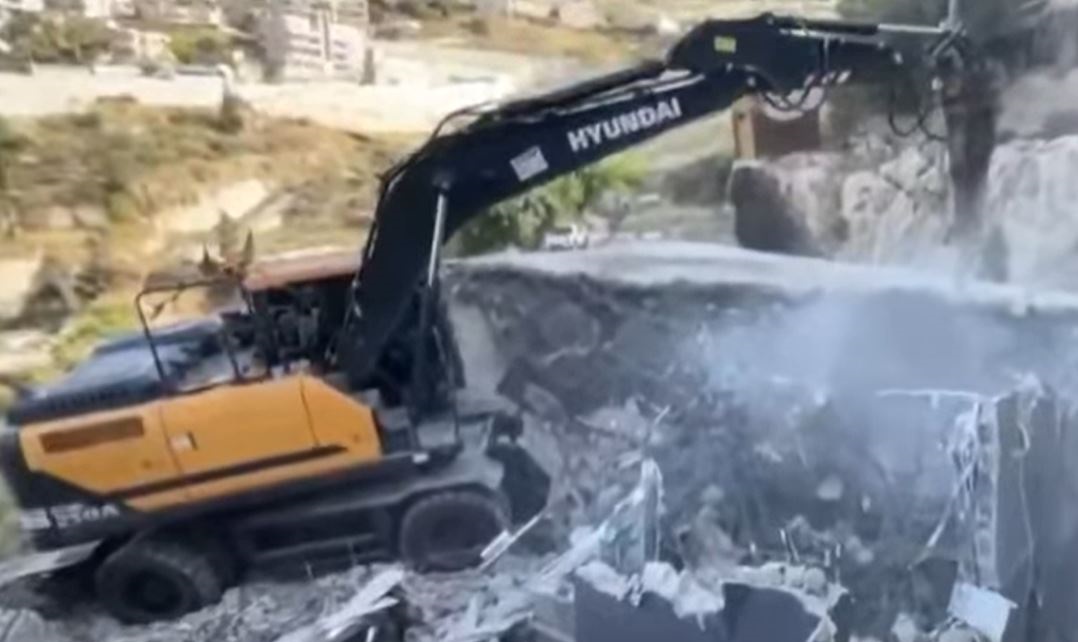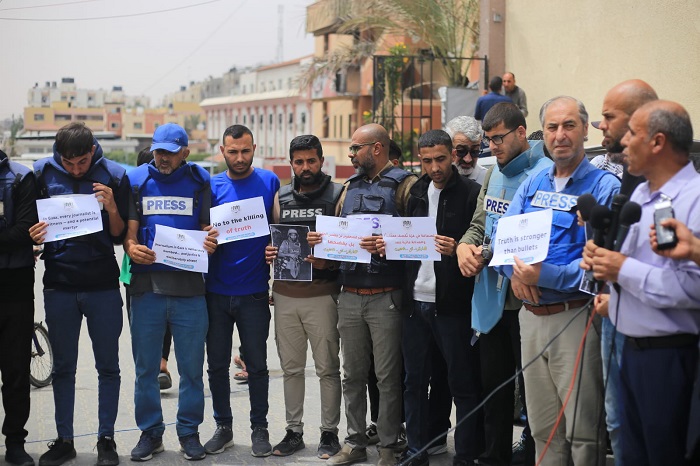JERUSALEM, June 5, 2018 (WAFA) – A United Nations Relief and Works Agency (UNRWA) convoy delivered on Tuesday life-saving aid to Palestine refugees and vulnerable Syrians displaced from the destroyed Yarmouk unofficial refugee camp in Damascus to the nearby neighborhood of Yalda, according to an UNRWA press release.
UNRWA resumed access to the area for the first time since 25 May 2016 and reached those displaced by the recent fighting in Yarmouk with emergency assistance, including medicine and food. The convoy, which included a mobile UNRWA health clinic, consisted of 18 truckloads.
Mohamed Abdi Adar, Director of UNRWA Affairs in Syria said: "These refugees had already suffered untold hardship because of years of besiegement and hostilities and then late April, intensified fighting in Yarmouk further destroyed many homes, displacing thousands. The traumas of war, combined with desperation and fear are taking an enormous toll, particularly on the children. This assistance will give them a life line and help meet their urgent humanitarian needs. But more must be done in the longer term.”
The UNRWA team distributed food parcels, hygiene kits, kitchen sets, mattresses, mats, blankets and jerry cans to 614 families (approx. 2,500 individuals) in Yalda. Cleaning items and tarpaulins were also provided to a shelter hosting 65 families in the area. Our health staff also provided treatment to 200 patients in Yalda today and recorded critical health needs. The medical treatment and aid distributions will continue tomorrow.
“This work highlights the need to address the severe underfunding in UNRWA’s Emergency Appeal for Palestine refugees in Syria,” said Mohamed Abdi Adar. “Across Syria, we are providing urgent humanitarian assistance including food, healthcare and cash to hundreds of thousands of Palestine refugees and yet the Syria portion of the Emergency Appeal is less than 5% funded.”
He added: “We have already had to reduce our emergency cash assistance in Syria from $64 to $46 covering a two month period and unless the donor community responds rapidly, there will be further reductions of these life-saving services. That could prove catastrophic for hundreds of thousands of people.”
M.K.











